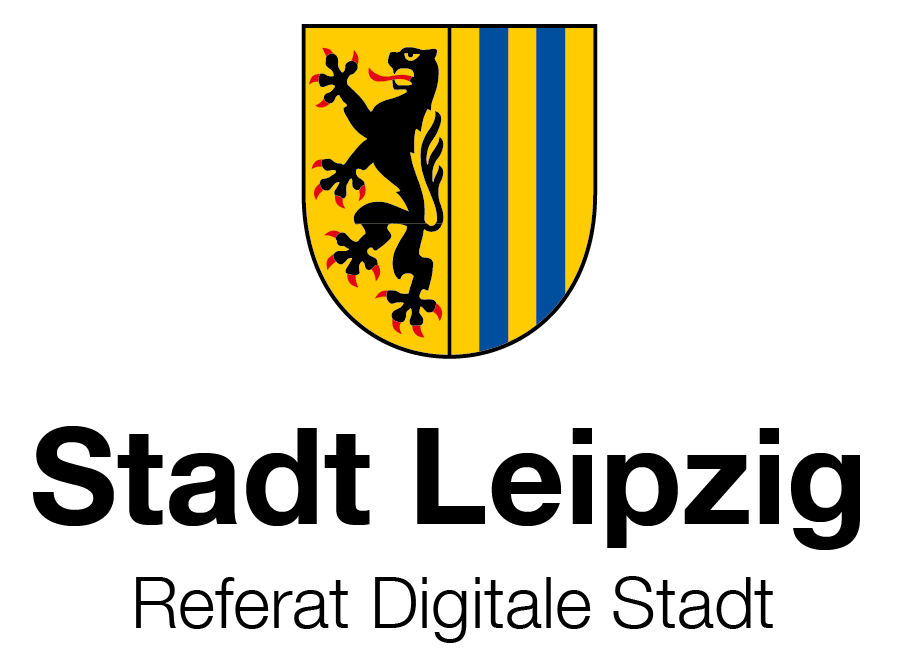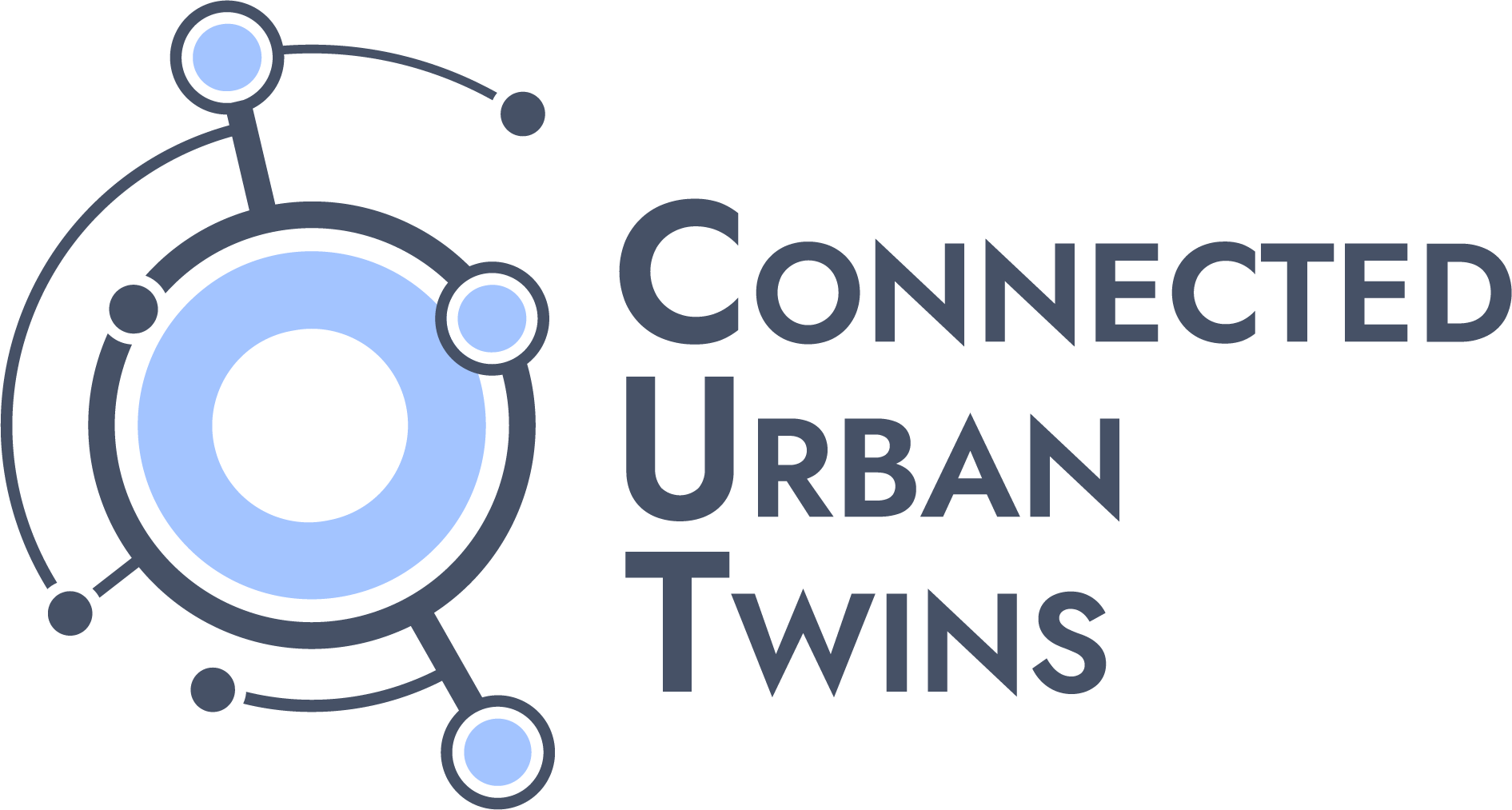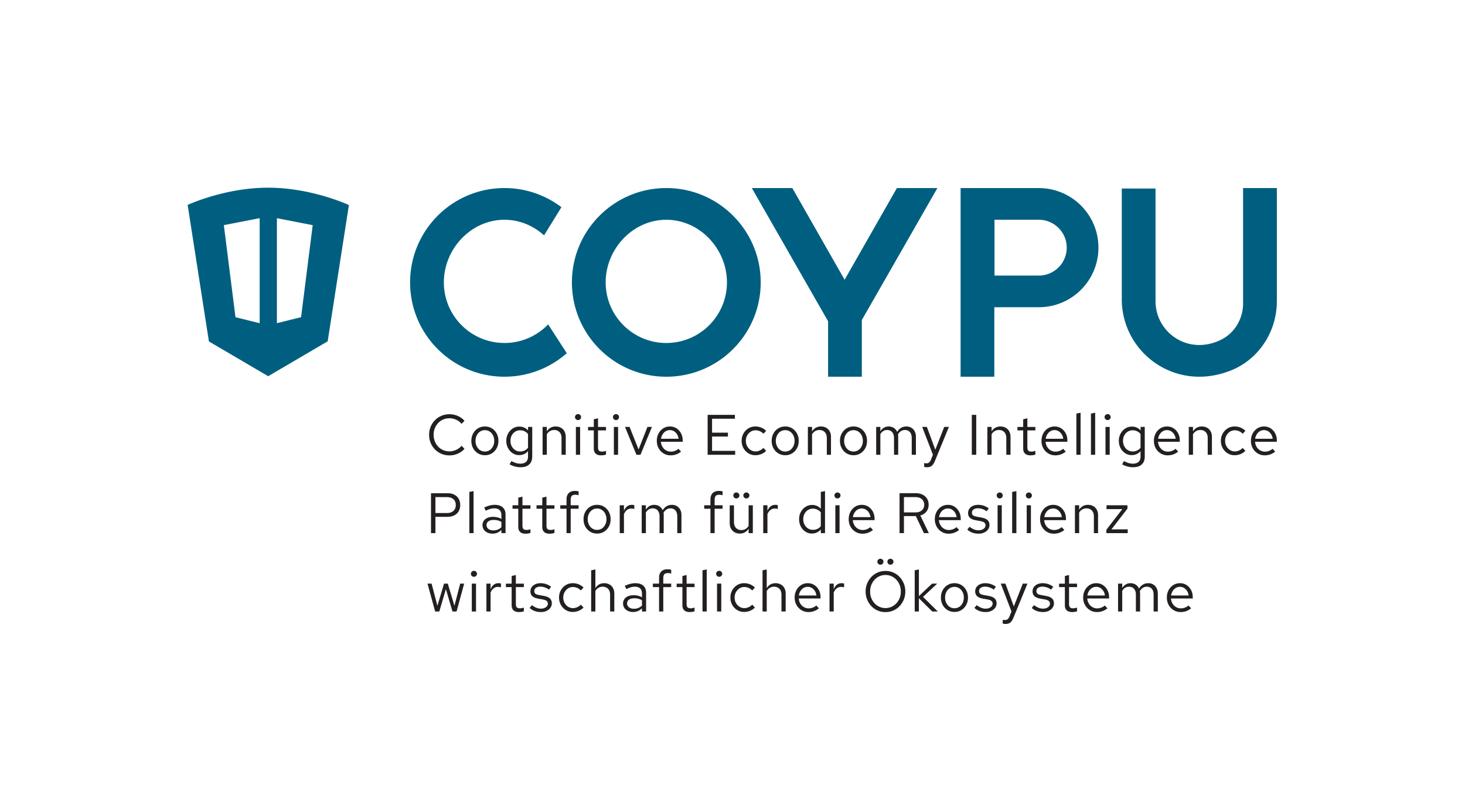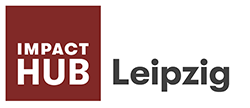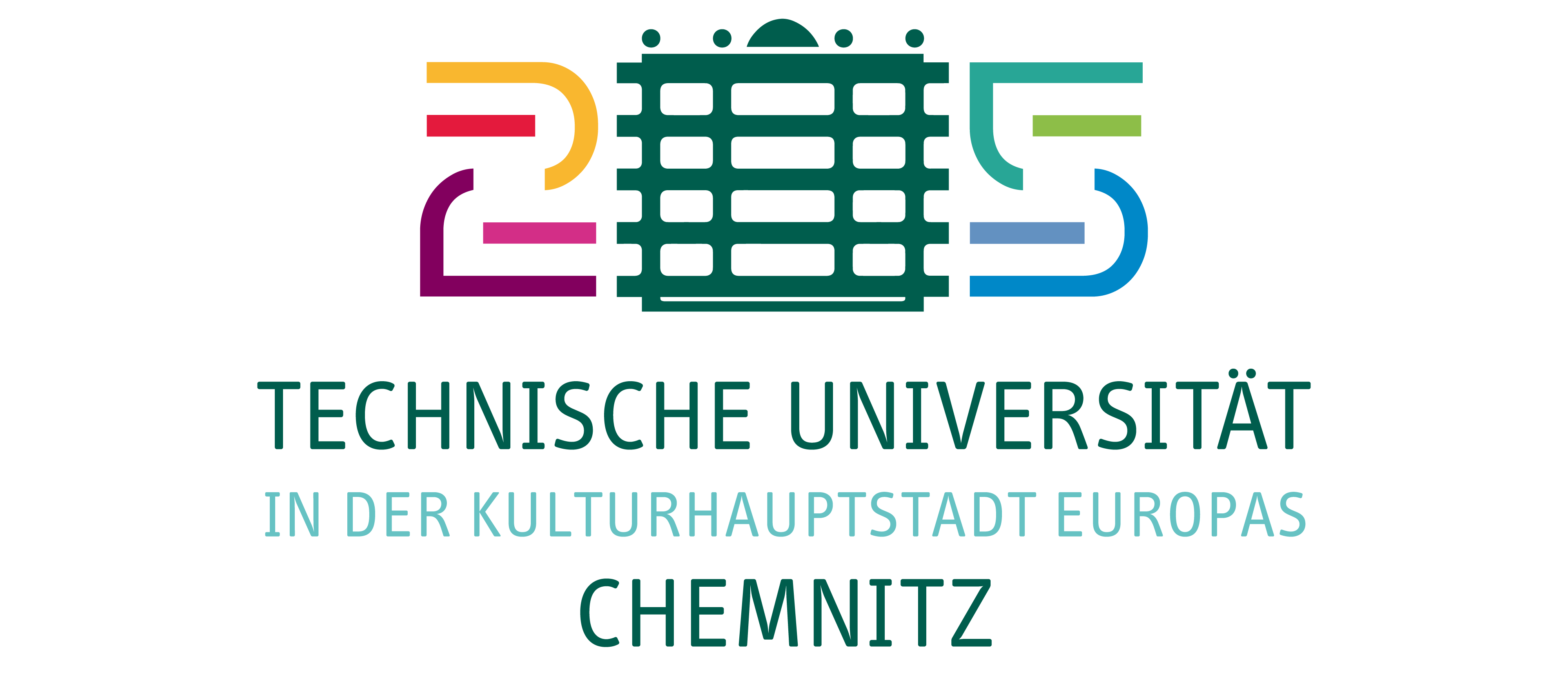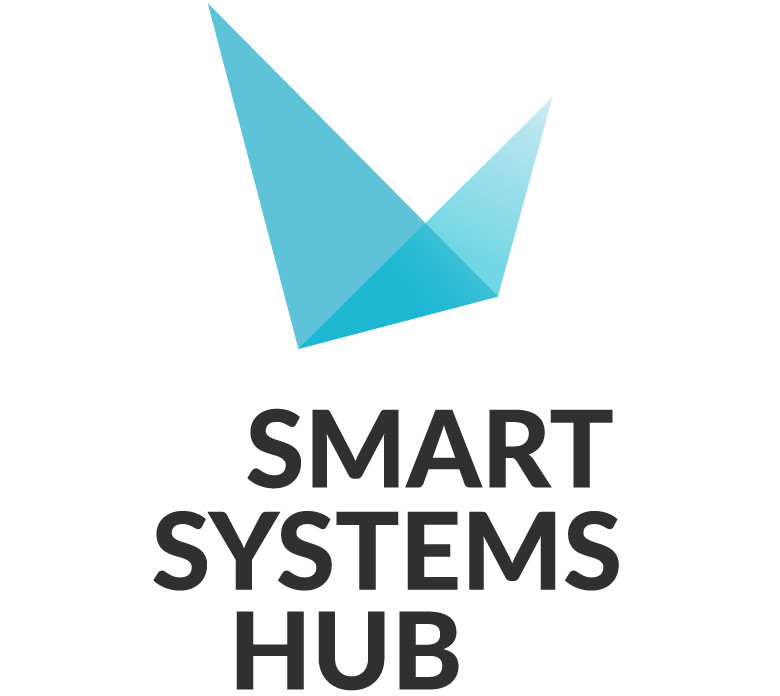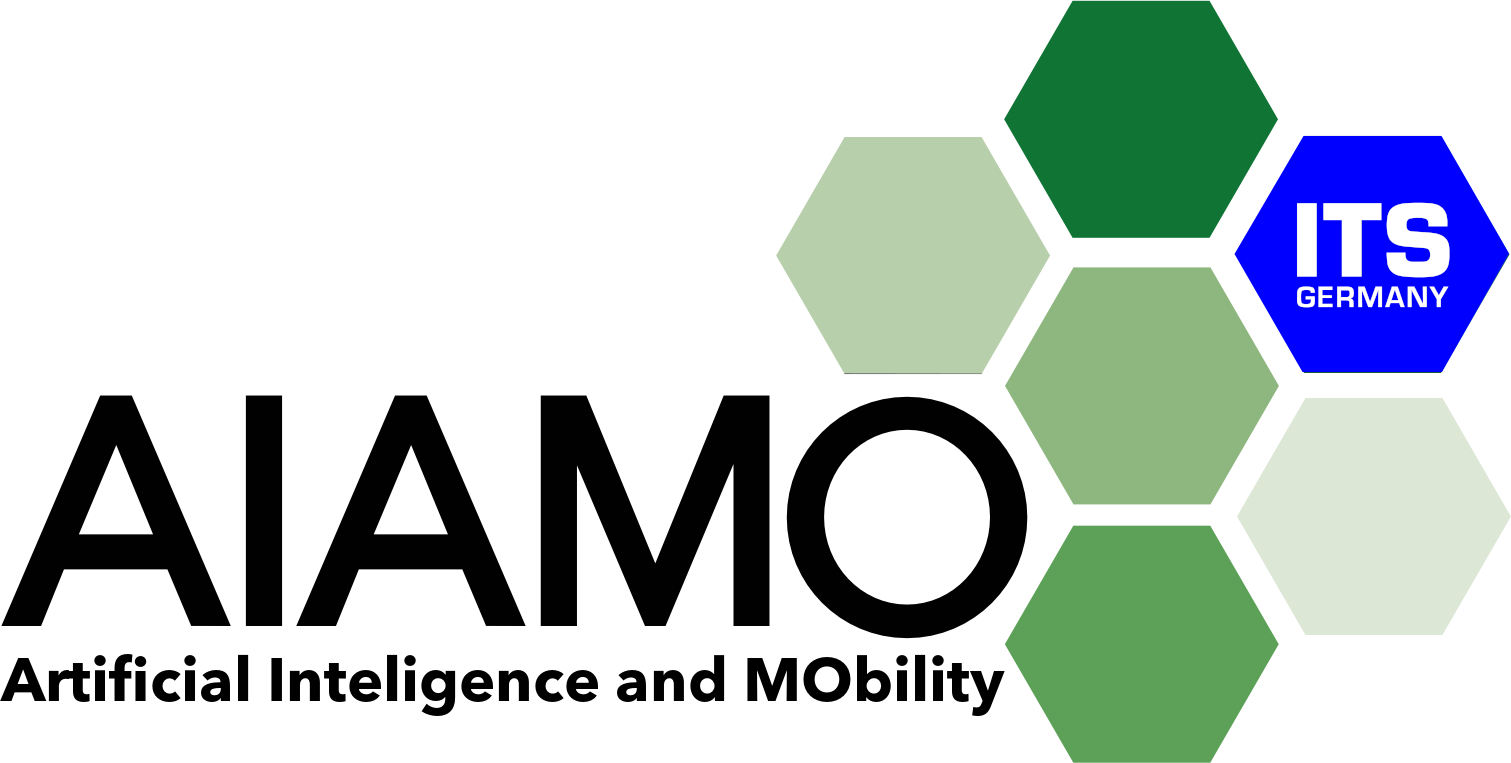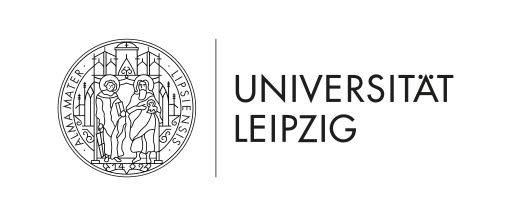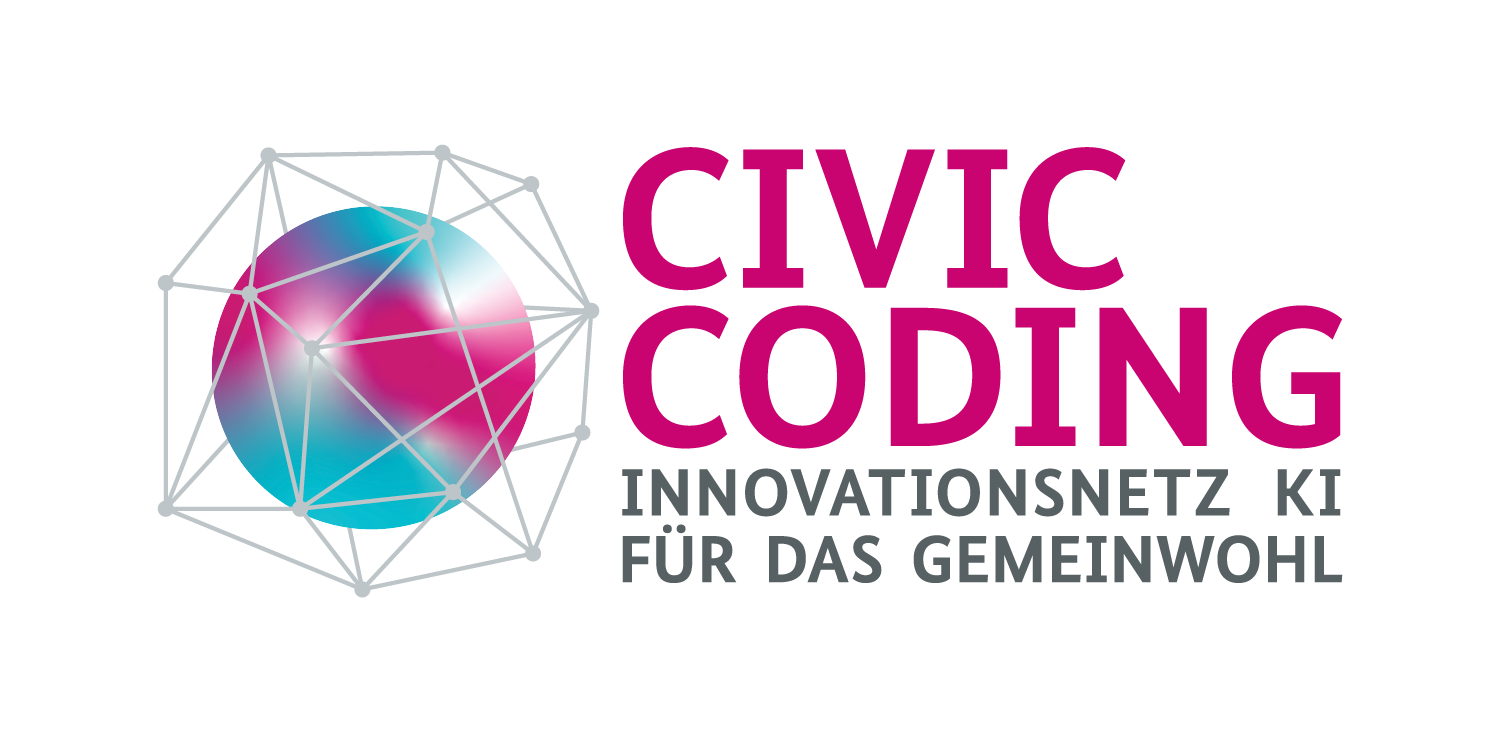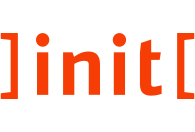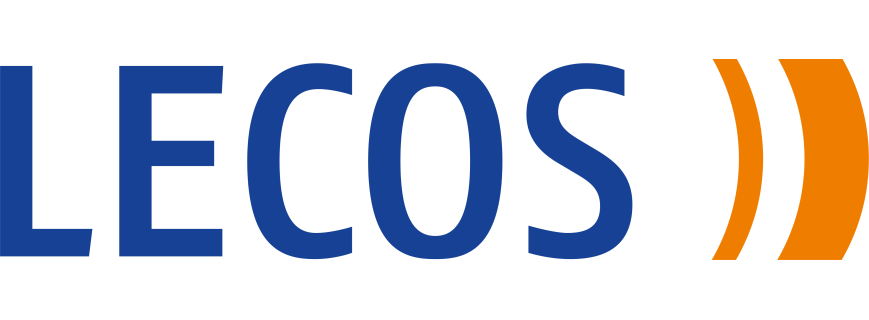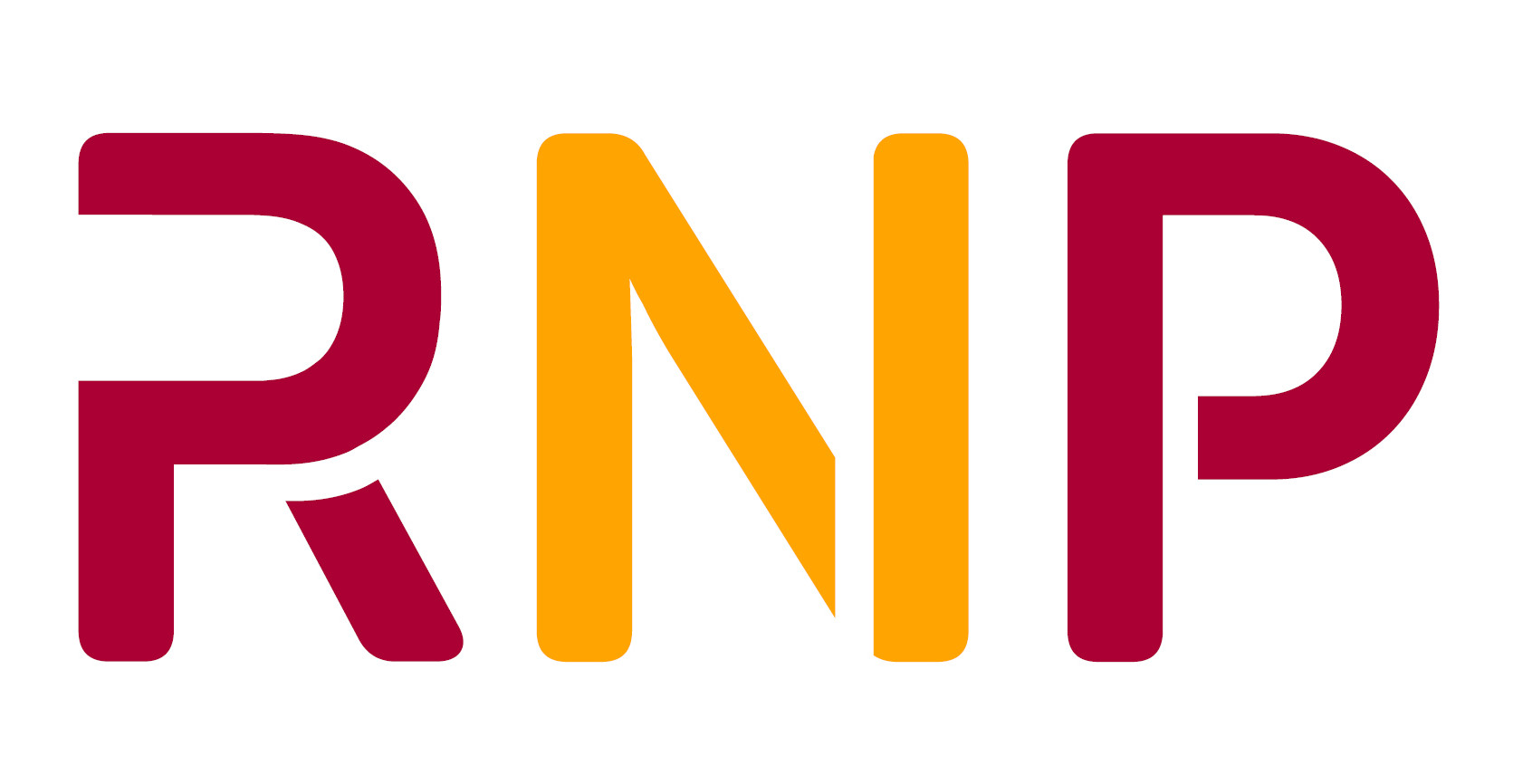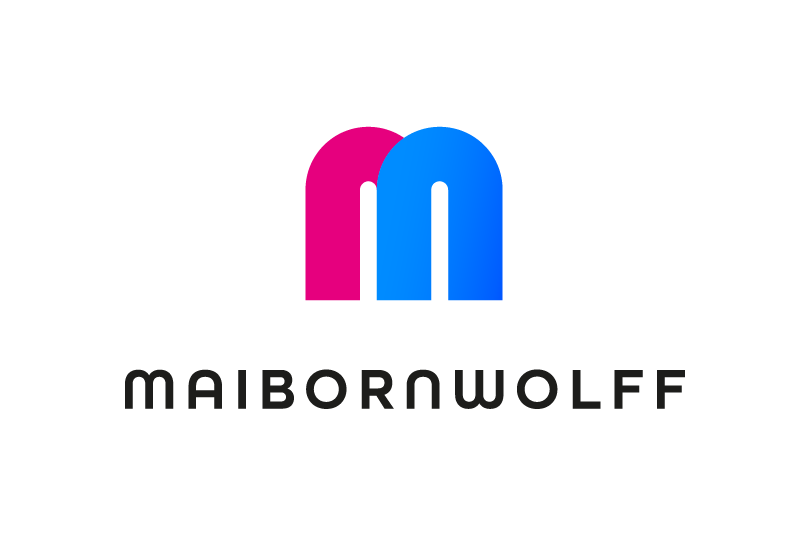The Program
08:30
Admission
- | Wandelhalle |
09:00
AI as an all-rounder? - Demystifying AI and using it in an impact-oriented way 
- | Room 270 | German
Anja Luettmann
(Technologiestiftung Berlin) and
Malte Barth
(Technologiestiftung Berlin)
AI is not an end in itself: in this interactive workshop at CityLAB Berlin, participants will learn how to realistically assess the use of AI in the work context and how to design it in a targeted manner using a practical example. At the end, they will receive a practical “compass” for assessing the suitability of AI in administration and beyond.
10:30
Coffee break
- | Wandelhalle |
Posters and Stands
11:00
Innovative urban development: housing market monitoring and intelligent digital twins
- | Room 270 |
-
Fabian Diendorfer (City of Munich), Julia Müller (City of Munich) and Dr. Panagiota Papakosta (City of Munich): Munich at a glance: Interactive housing market observation (organized by the Department of Urban Planning and Building Regulations, City of Munich)
Discover the City of Munich’s innovative housing market observation, which regularly provides all players in the housing market with a neutral basis for planning. The modernized reports and brochures are accessible via an interactive dashboard that visualizes specialist data in a clear and user-friendly way. As part of the Connected Urban Twins (CUT) project, the digital future of cities such as Munich is being promoted in order to shape urbanization intelligently. The visualization is done with the open source software Grafana, which enables the replication of the tool for use by other municipalities with minimal costs and maximum transparency. The functionalities of the dashboard will be presented and exciting insights into developments on the Munich housing market will be provided.
-
Peter Huss (Digital City Department, City of Leipzig): Leipzig Digital twins and AI: a look into the future
Feasibility study on an AI-integrated Urban Data Platform (UDP), an AI-supported Digital Twin Factory and the development of cooperative digital twins for collaboration between municipalities. Based on the results of the Connected Urban Twins (CUT) project, we are working on a model of how a UDP and digital twins could develop through the use of AI. No finished results will be presented, but there will be room for discussion.
12:30
Lunch break
- | Wandelhalle |
Posters and Stands
13:30
What is behind DIN SPEC 91607? - Useful information for (municipal) practice (organized by the City of Leipzig)
- | Room 270 | German
Mathias Boedecker
(Geodata infrastructure, City of Leipzig)
DIN SPEC 91607 - Digital Twins for Cities and Municipalities, the first national standard for urban digital twins, has been available since October 2024. The workshop is aimed at anyone who is not yet familiar with the number “91607” or is wondering what is relevant from the DIN SPEC for (municipal) practice. In the first part of the workshop, we want to give a brief overview of the development process and the most important contents of the DIN SPEC. In the second part, we would like to discuss the application of DIN SPEC 91607 using practical examples.
15:00
Coffee break
- | Wandelhalle |
Posters and Stands
15:30
Data Navigator: A tool to support SMEs in the development of data-driven business models (organized by the Leipzig University of Applied Sciences for Technology, Economics and Culture)
- | Room 270 |
Marcel Graf
(Leipzig University of Applied Sciences (HTWK))
Have you ever wondered how you can lead your company into the digital age in a future-proof way? In this workshop, you will learn how the Data Navigator - a tool specially developed for small and medium-sized enterprises - can support you on your path to digital transformation. By adding essential data dimensions to the proven Business Model Canvas, the Data Navigator enables a structured analysis of your level of maturity in data integration and reveals potential for the efficient use of data. Take this opportunity to learn in a practical way how to successfully implement data-driven business models and position your company optimally for the future.
17:30
ScaDS.AI Meetup x Data Week Leipzig 2025 - Putting AI into practice, but how?
- | Room 270 | German
Chair:
Oliver Welz
(ScaDS.AI Dresden/Leipzig)
The ScaDS.AI Meetup is a dynamic exchange platform for local and regional players that offers exciting insights into cutting-edge research in the field of AI. We invite companies, researchers, technology enthusiasts and all interested parties to exchange ideas, network and share their AI success stories in a relaxed atmosphere. Take the opportunity to discover new perspectives, have inspiring conversations and explore potential collaborations. Look forward to exciting talks, interactive demos, workshops and panels. Become part of a growing community that is actively shaping the future.
-
Oliver Welz (ScaDS.AI Dresden/Leipzig): Introduction & Welcome
Opening of the evening with a brief introduction to the agenda, introduction of the speakers and presentation of the ScaDS.AI AI Competence Center
-
Dr.-Ing. Sebastian Hellmann (Institute for Applied Informatics): Live Fusion and Seamless Integration - DBpedia Enterprise in action
In this presentation, you will learn how DBpedia Enterprise links heterogeneous data sources such as Wikipedia, Wikidata and Linked Open Data - in real time and with stable, searchable knowledge graphs. The technology not only enables effective data integration for companies, libraries and research institutions, but also presents a sustainable business model in the open data environment. Learn from concrete application examples how DBpedia can be used as a knowledge backbone and what role it plays in the “Web of Data”.
-
Alexander Hofmann (MaibornWolff GmbH): AI in practice: AI use cases that make life easier.
How do we as a technology company manage to successfully implement AI projects? In which use cases does generative AI really bring an advantage? What AI blockades do we experience in our daily work and how do we solve them? The fact is: the AI potential is huge and affects all industries. The presentation will show interesting examples from sectors such as tourism, insurance and robotics. MaibornWolff, an established IT service provider with a focus on sustainable digitalization and AI, will report on its own practical experience.
-
Dr. Christopher Rost (Neo4j, Inc.): Graph databases for AI applications - use cases with Neo4j
Graph databases are essential for many AI applications that focus on relationships between data. Neo4j, one of the leading providers in this field, will present how companies can use graph technology to analyze complex relationships, identify patterns and make informed decisions. The presentation will provide practical insights into fields of application such as fraud detection, recommendation systems and knowledge management.





